How to innovate the discourse system to facilitate a better understanding of China? On April 26, the academic symposium Promoting Chinese Discourse in Translation and Global Communication took place at Tongji University. The event was organized by the Research Center for National Discourse and Global Communication, a research base affiliated with the National Language Commission, and the School of Foreign Studies at Tongji.
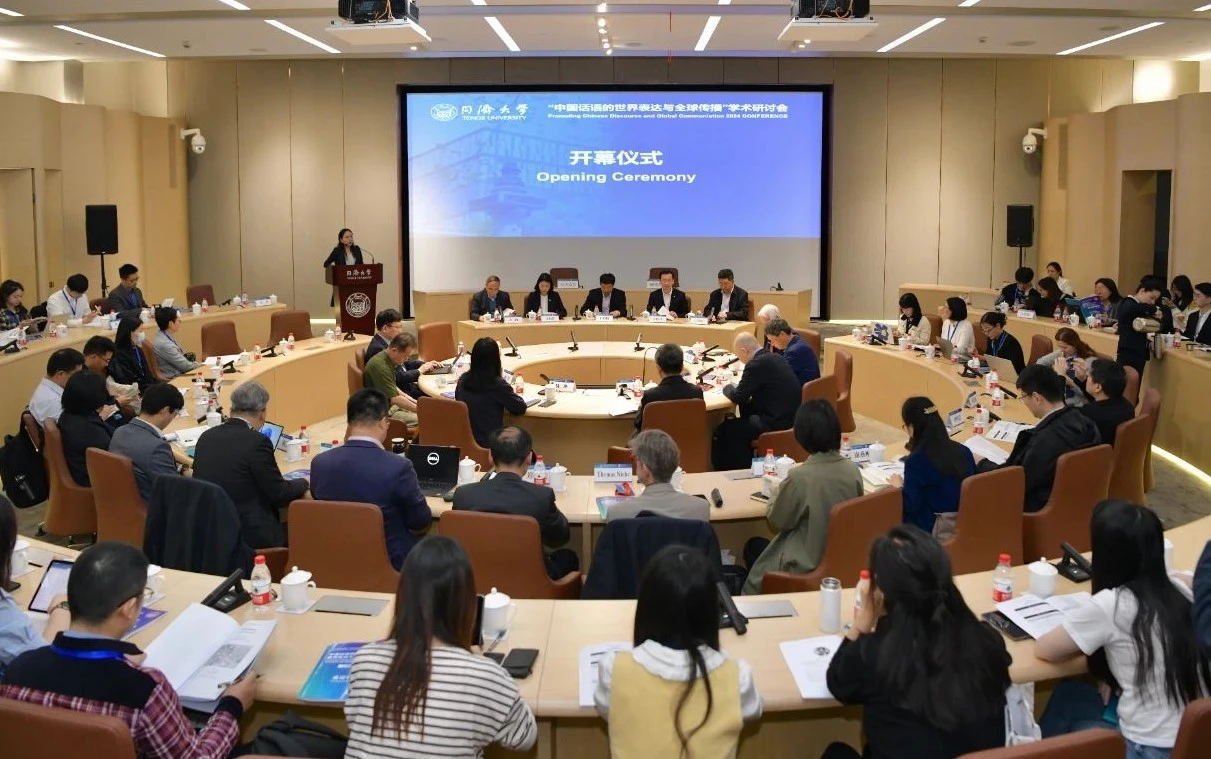
ZHENG Qinghua, President of Tongji and academician of the Chinese Academy of Engineering, LIU Peijun, Director-General of Department of Language Information Management of Ministry of Education, CHEN Yiqun, Deputy Director of the Office of Promotion of the Shanghai Municipal Party Committee, and Professor XU Jun, representative of the expert panel of the Research Center and professor of Zhejiang University, attended the symposium and delivered speeches.
President ZHENG expressed the importance of pondering how language can better serve the country’s political and economic development, diplomacy, and international cooperation in various fields. He emphasized the need to understand and think about basic questions in the foreign discourse communication system, strengthen interdisciplinary integration of foreign language disciplines, science, engineering, medicine, and humanities, and integrate with the political, economic, linguistic, and cultural contexts of different countries and regions. He also highlighted the importance of leveraging modern digital technologies such as AI to empower the foreign discourse system and international communication in this era. Tongji highly values the development of the Research Center and will fulfill its mission to serve national strategies by advancing relevant activities of scientific research, talent cultivation, and social services, making new and greater contributions to China’s foreign discourse system and international discourse power.
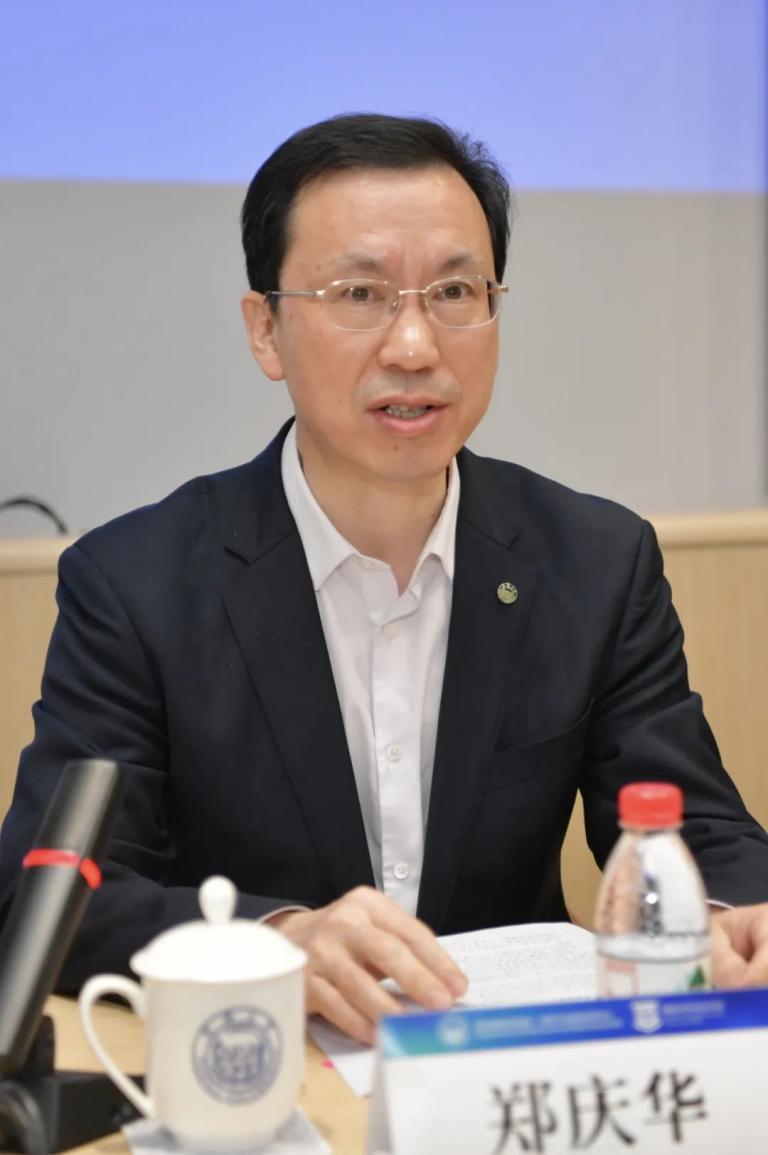
Director-General LIU stated that the development of an outward discourse system with Chinese characteristics is crucial for shaping the national image, serving the country’s opening-up policy, and building a community with a shared future for humanity. He emphasized the need for cooperation across disciplines such as linguistics, journalism, and communication studies to serve the needs of national development. He said he hoped the Research Center for Chinese Discourse and Global Communication will shoulder the responsibility given by the era to take higher aims, focus on strategic priorities, and explore new means, methods and paths for Chinese discourse and its global communication; to achieve stronger scientific research capacity, expand research fields, and put more efforts in the research on different discourse categories and domains; to pursue better output, strengthen the integrated application of new linguistic technology and the cutting-edge AI technology, and reinforce discipline building and talent cultivation; and integrate the advantageous subjects of the university to provide more solid policies and form a supporting mechanism across different disciplines, departments and aspects.
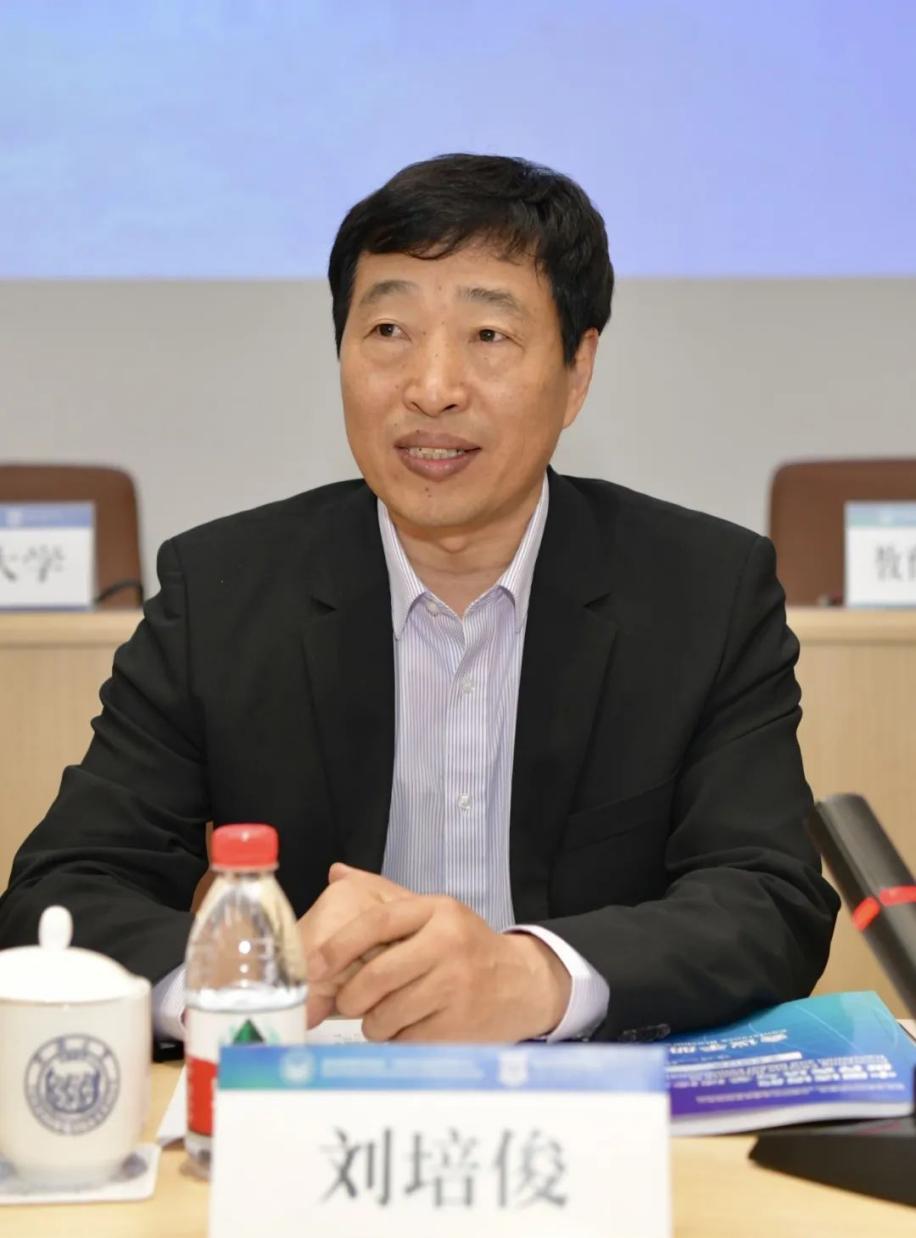
CHEN Yiqun stated that expert think tanks play a critical role in promoting exchanges and mutual understanding between Chinese and foreign civilizations in the current international public opinion environment, which is complicated. It is hoped that expert think tanks will continue to promote the transformation of academic achievements, conduct research on regional and national study as well as other pressing issues currently facing our international communication, and further enhance the precision and effectiveness of international communication; take the initiative in voicing China's viewpoints to transform the language used in policy and public opinion into an easy-to-understand language to the public, and better elaborate “China's Solutions” and “China's Wisdom” to overseas audiences; and continue to promote “China's Wisdom” and “China's Solutions” in the international communication. We will continue to influence renowned people, strengthen exchanges and cooperation with key international think tanks, and expand our friend circle in international academy. It is expected that the Research Center will deepen interdisciplinary research on outward discourse, and make China's stories spread globally in digital, intelligent and industrialized means.
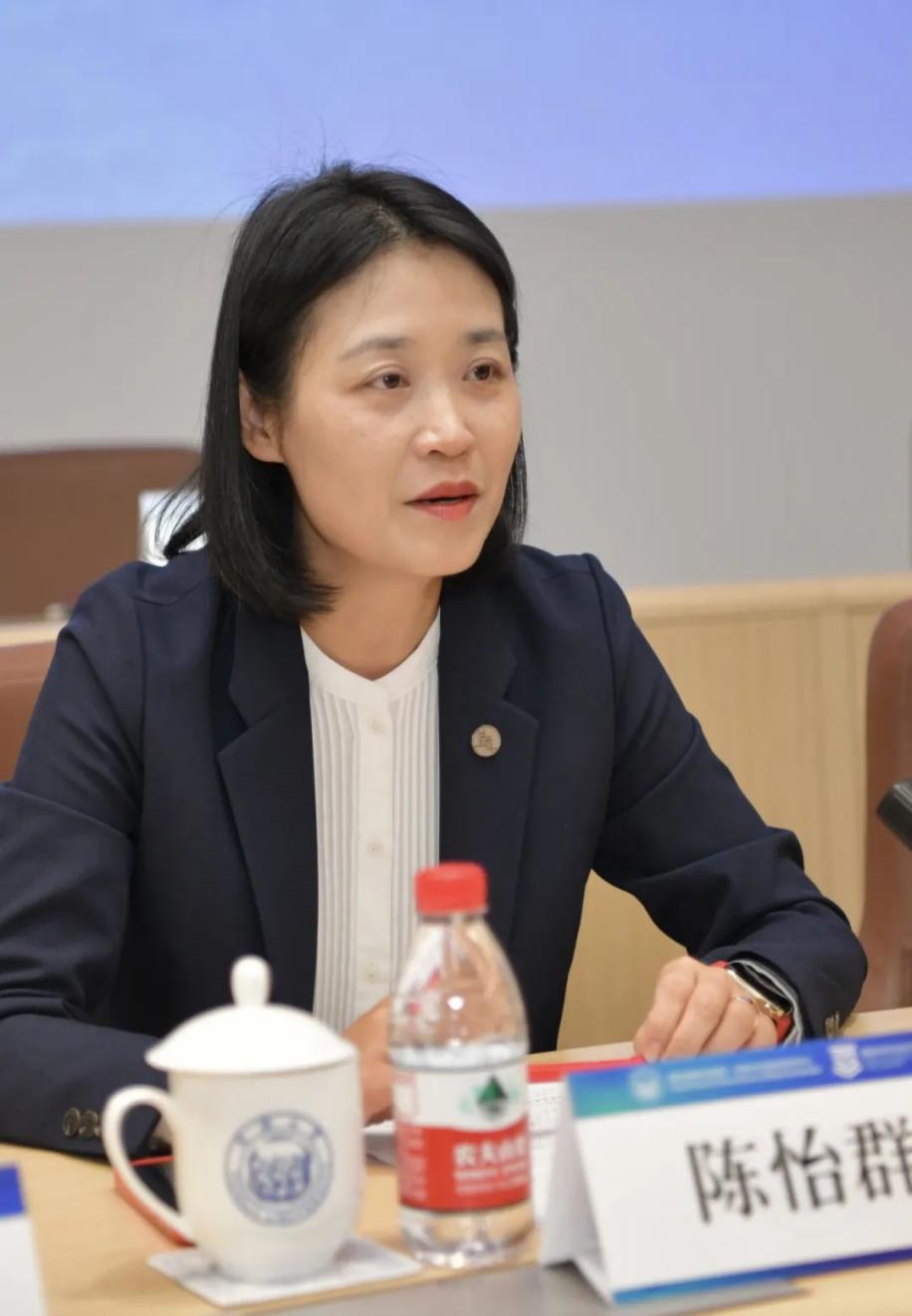
XU Jun said that the building of China's discourse system is the core component in building China's independent knowledge system. It needs us to realize the real internationalization of Chinese discourse in a creative and innovative way, which puts forward a new mission for the foreign language and translation community nowadays. Translation plays an increasingly important role in the building of China's outward discourse system. Translation is not only a kind of linguistic conversion and interpretation, but also a power in cultural building. The establishment of the Research Center comes at the right time, and it is hoped that the Center will further strengthen interdisciplinary cooperation and integration on the basis of the existing research achievements in translation and discourse dissemination, lead academic research, and continuously enhance its academic and social influence.
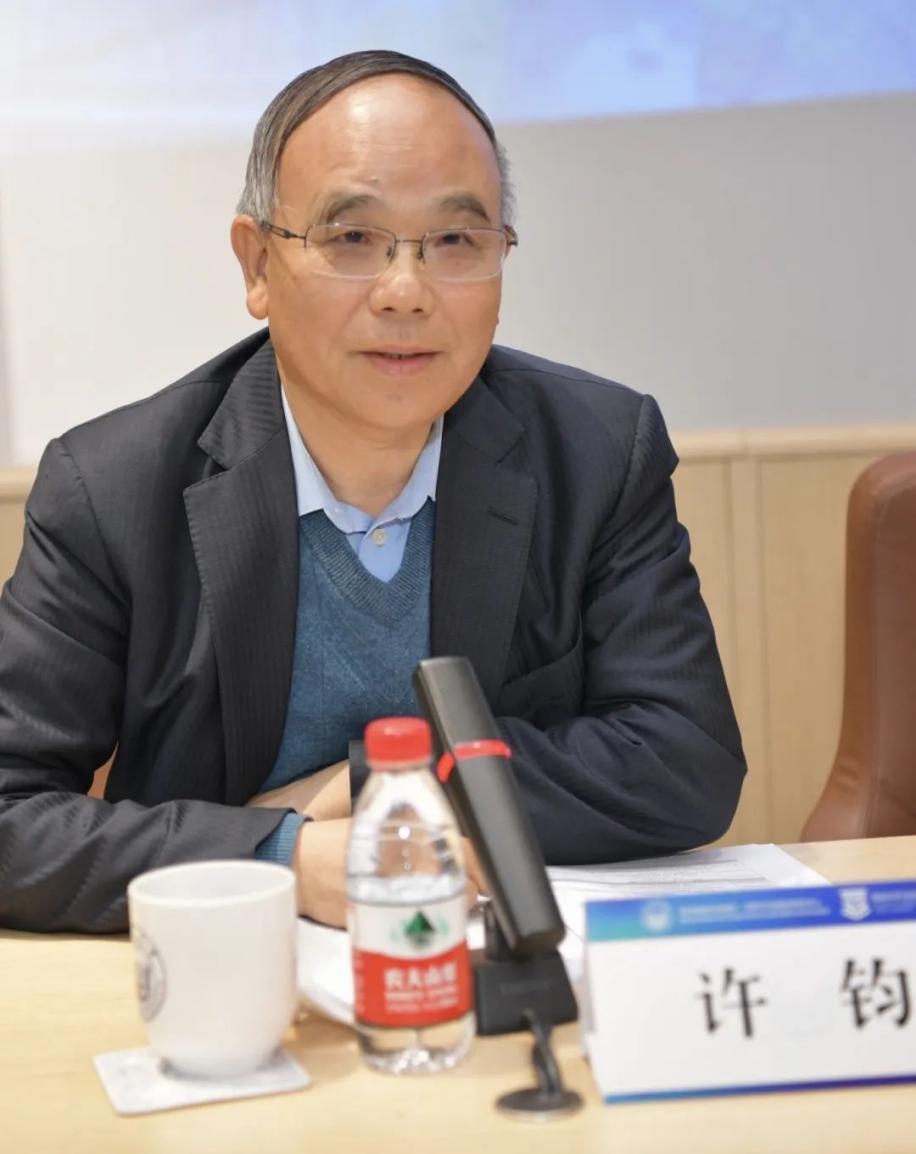
At the meeting, representatives of Department of Language Information Management of Ministry of Education and of Tongji signed an agreement on jointly building Research Center for Chinese Discourse and Global Communication. The center is a research base of the National Language Commission jointly established and managed by both sides of the agreement, mainly focusing on three basic areas of international communication capacity, national translation study as well as studies of discourse with Chinese characteristics. It revolves around how to carry out innovative countermeasure study on prospective, strategic and systemic issues in the discourse practice in the era of AI, thus strengthening the international communication capacity and the international discourse system.
More than 10 experts and scholars from schools of higher learning and academic institutions, both domestically and internationally, centered on the theme of the symposium and delivered keynote reports from different perspectives based on their respective research.
All present noted that it is a long-term and arduous task to tell genuine and engaging stories, make our voice heard, and present an accurate, multi-dimensional and panoramic image of China to the world. With the goal of leading new advances in the development of major country diplomacy with Chinese characteristics, we should continue to explore the contents, forms, platforms and effects of communication, and work together to enhance the effectiveness of international communication. Besides, it is necessary for us to focus on the issues of common concern and adopt precise communication methods that are tailored to audiences in different regions, countries and groups, thus improving the affability of China’s image, and the persuasiveness of Chinese discourse. By virtue of digital technologies such as AI, we should continuously improve the influence of international communication while promoting exchanges and mutual learning between Chinese and other civilizations, tell a good story of the vivid practice of Chinese modernization, form an international discourse that matches our comprehensive national power and international status and make new contributions to shaping a new pattern of China’s international communication.
The conference can also be divided into 6 sub-themes, namely Construction of the Discipline of International Discourse and Theoretical Innovation, Study of Discourse with Chinese Characteristics from the Perspective of Mutual Understanding among Civilizations, Technology-based Translation in China’s International Discourse and Its Global Communication, Multi-modal Discourse Translation and Communication Methodology, Study of International Discourse Construction and National Translation, as well as Study of the History of China’s International Discourse Translation and Communication, etc. Experts and scholars specializing in foreign languages and communication studies have been engaging in in-depth exchanges and discussions on the above themes.
